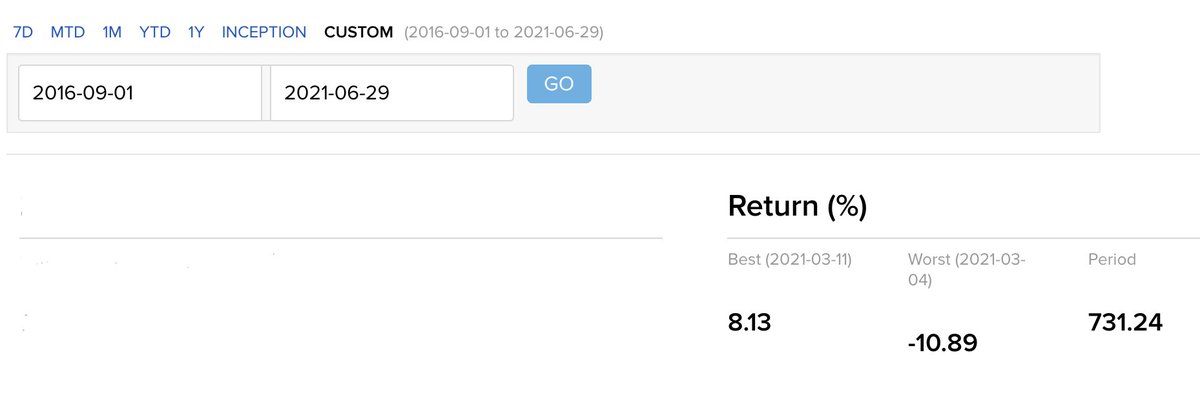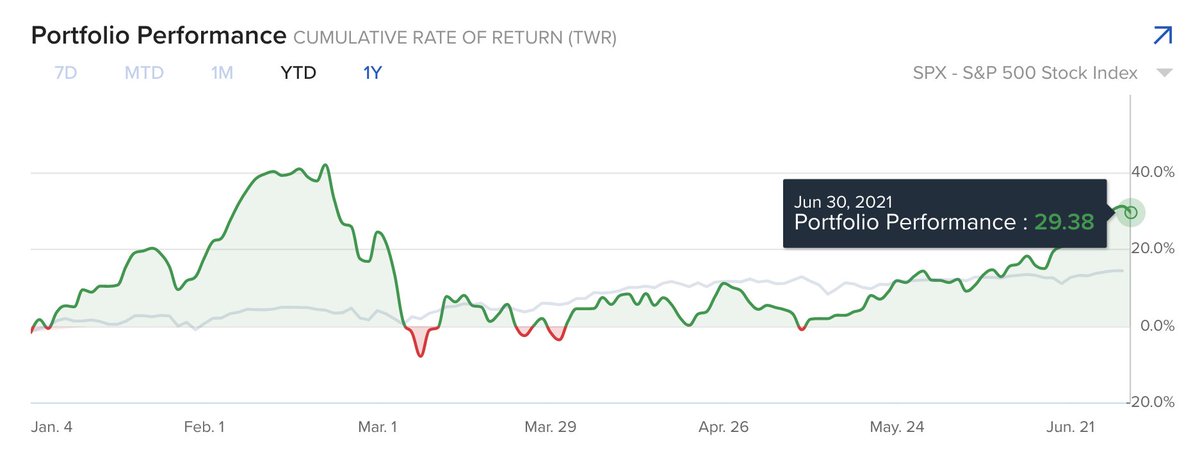
Lots of trolls chirping again!
When I post trades in real-time, trolls claim I'm pumping my book. When I don't post trades in real-time, the same people claim I'm faking trades with the benefit of hindsight.
Since so many have asked, on Tuesday I've sold my $UPST shares.
When I post trades in real-time, trolls claim I'm pumping my book. When I don't post trades in real-time, the same people claim I'm faking trades with the benefit of hindsight.
Since so many have asked, on Tuesday I've sold my $UPST shares.
$UPST has guided for triple digit revenue growth this year but the growth estimates are pretty weak from '22 onwards. Company's valuation is pretty rich given the business slowdown on the horizon.
After thinking about this business for months, there are too many question...
After thinking about this business for months, there are too many question...
....marks for my taste. Put simply, I just don't see a durable competitive advantage, a genuine secret sauce.
This is why, I've booked a tidy profit and moved on. I may be wrong, the business might turn out to be a big winner but this one isn't for me. "Too tough" pile.
This is why, I've booked a tidy profit and moved on. I may be wrong, the business might turn out to be a big winner but this one isn't for me. "Too tough" pile.
Here are the estimates from Goldman Sach's initiation report.
Have a look at the revenue growth rates in '22 and '23. If this business is truly revolutionary and its "AI" is a game changer, why is revenue growth expected to slow down to just 30% from over 100% this year!?
Have a look at the revenue growth rates in '22 and '23. If this business is truly revolutionary and its "AI" is a game changer, why is revenue growth expected to slow down to just 30% from over 100% this year!?

Wall Street consensus is for just 26%YOY revenue growth in 2023 (even lower than Goldman Sachs).
If $UPST owns an incredible "AI" edge and is upending a massive multi-trillion dollar market (credit), why are analysts expecting just 26%YOY revenue growth two years out? Very odd.
If $UPST owns an incredible "AI" edge and is upending a massive multi-trillion dollar market (credit), why are analysts expecting just 26%YOY revenue growth two years out? Very odd.
• • •
Missing some Tweet in this thread? You can try to
force a refresh







